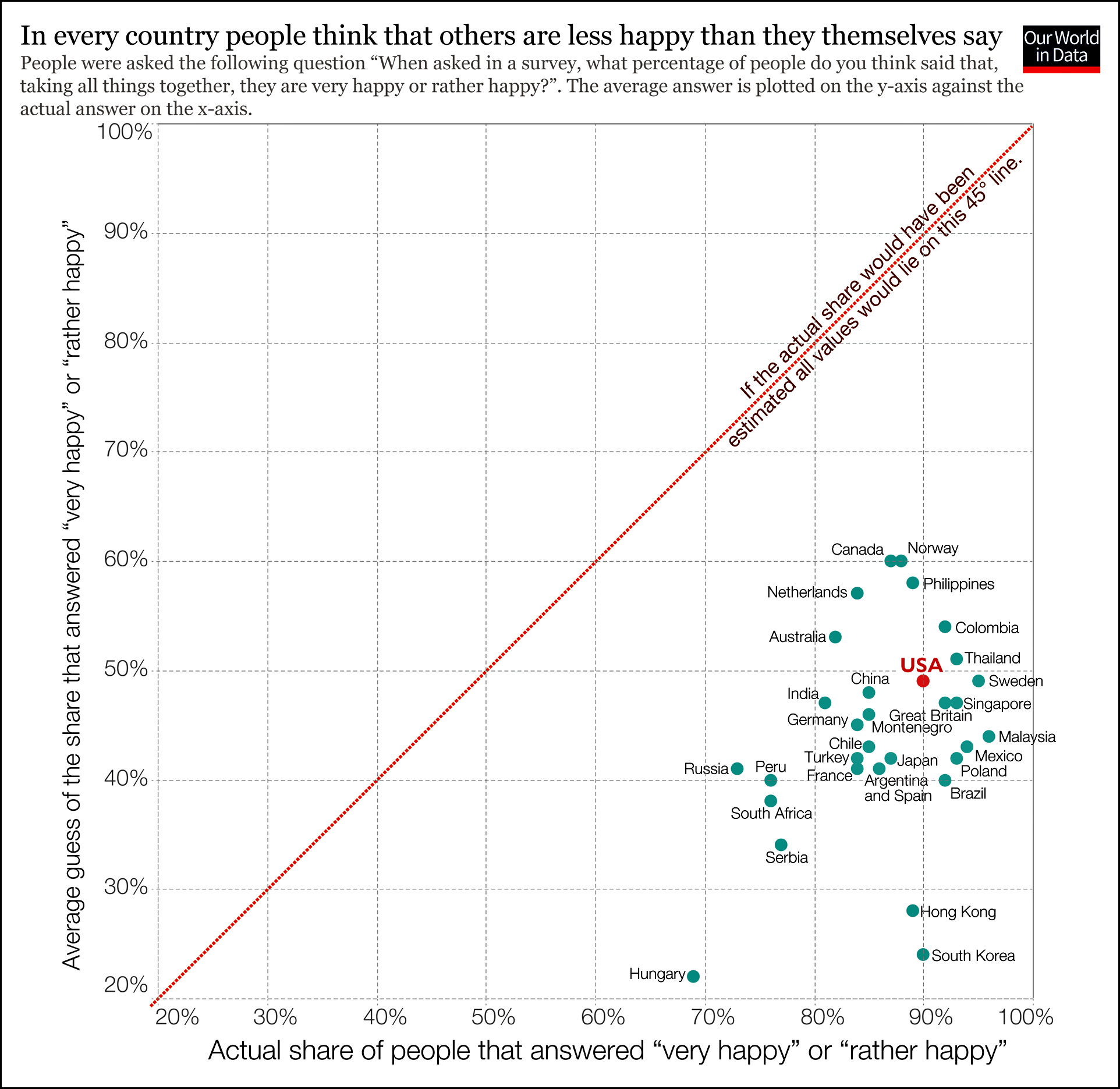Roger Thisdell holds that every experience has some negative valence and that there are no experiences with a positive hedonic level.
There is a point where you deconstruct perception to basic experiences by not feeding certain mental processes with your attention, they fade out. If I’m not paying attention to thought, the experience and comprehension of concepts and language fade out of experience. You can get to states of mind where there is no high-level conceptual thinking going on. It’s just vague pressures, releases, and contortions. You can have experiences of just vast airy space. For instance, the sense of the body schema, that you have a unified body, can vanish when you haven’t been paying attention to it for a long time and you’ve kept your eyes closed, so you are not updating the perception of the body with new visual stimuli. The body schema as a model falls out of the mind. But you still have awareness of gaseous somatic sensations and in all that there is a subtle contraction. Yeah, I’m saying that. It comes with a disturbance from an ultimate peace of that which is before/beyond concept and phenomenological representation.
…
Some would say: “Of course, there are pleasant experiences. There can be more intense pleasures. And you can go upwards on the hedonic scale. You can feel better and better. And below all that, you can feel neutral: neither pain nor pleasure; neither unpleasantness nor pleasantness. Below that, you can feel bad, feel minor disturbances, feel horrible, and so on.” So if we have different degrees of disturbances and suffering, then my question is whether there are experiences that are above undisturbedness; the absence of negative valence. I guess, based on your videos and writings, that you would say no; that there are no such experiences.
Yeah. I think “no”. I think there is a way in which suffering and pleasure don’t exist at the same level of abstraction. Pleasure is at a more abstract layer. The label “pleasure” comes from an assessment after the fact of an experience. Once there was a build-up of pressure and then a release, there is a judgment “I am glad for the release”, but it was just the contractive pressure that you wanted to go away. Now it’s gone so you make the comparative judgment after the fact: “That was a good thing that happened”. But had the pressure never built up, had the contraction never been binding and causing you suffering, then you can’t even begin to make that assessment that it was something good to do.
Read more
